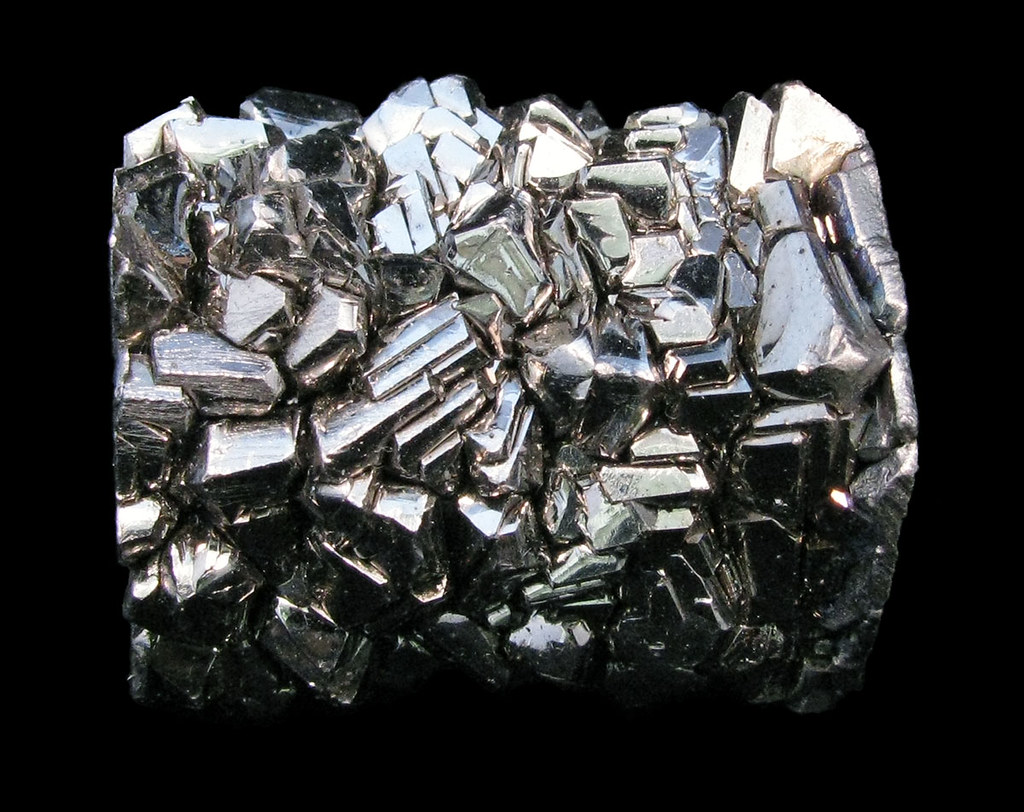What Is Titanium
It is a silvery-white, low-density metal with a high strength-to-weight ratio, making it ideal for use in a variety of applications including aerospace, medical implants, and sporting equipment. Its resistance to corrosion and biocompatibility also make it a popular choice in the biomedical field.

Here we will discuss what is titanium and its applications.
History of Titanium:
Titanium was discovered in 1791 by English chemist and mineralogist William Gregor and named by German chemist Martin Heinrich Klaproth after the Titans of Greek mythology. However, it was not until the 20th century that titanium became widely used due to the development of processes to extract it from its ores and purify it into a usable form. The aerospace industry was one of the first major adopters of titanium due to its strength and light weight. In the years since, its use has expanded into many other industries due to its unique combination of physical and chemical properties.
Titanium Applications:
Titanium has a wide range of applications due to its strength, light weight, corrosion resistance, and biocompatibility. Some common applications include:
Aerospace:
The aerospace industry uses titanium extensively in the manufacture of airframes and engines due to its high strength-to-weight ratio and resistance to corrosion.
Medical:
Titanium is widely used in the medical field for implants such as joint replacements and dental implants because of its biocompatibility and resistance to corrosion.
Chemical processing:
Titanium equipment is used in the chemical processing industry due to its resistance to corrosion from harsh chemicals and high temperatures.
Sports equipment:
Titanium is used in the manufacture of golf clubs, tennis rackets, and bicycles due to its light weight and strength.
Military:
The military uses titanium for applications such as armor plating and aircraft components due to its high strength and low weight.
Automotive:
The automotive industry uses titanium for high-performance parts such as turbochargers, exhaust systems, and suspension components.
Pros and Cons:
Here are the some pros and cons of titanium:
Pros of titanium:
- Titanium has a high strength-to-weight ratio, making it ideal for applications where weight is a concern, such as aerospace and medical implants.
- Titanium is highly resistant to corrosion from a variety of substances, including salt water and chlorine.
- Titanium is biocompatible with the human body, making it suitable for medical implants.
- Titanium has a low density, making it lightweight compared to other metals of similar strength.
- Titanium is durable and has a long lifespan, making it ideal for long-term applications.
Cons of titanium:
- Titanium is relatively expensive compared to other metals, due to the costly and complex process of extraction and purification.
- Titanium is difficult to fabricate due to its high reactivity and the need for specialized equipment.
- Titanium has low electrical and thermal conductivity, making it unsuitable for applications where electrical and heat resistance is important.
- The availability of titanium ores is limited, and the extraction and purification process is complex, which affects its cost and supply.
- Titanium is sensitive to stress concentration and may fracture under high stress, making it less suitable for certain applications.
Read More: https://yijinsolution.com/